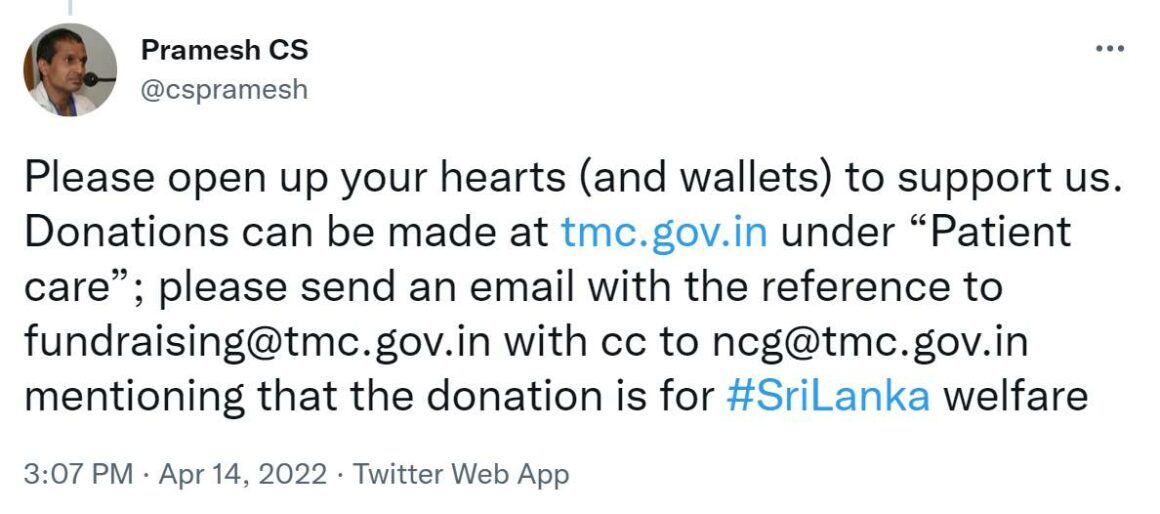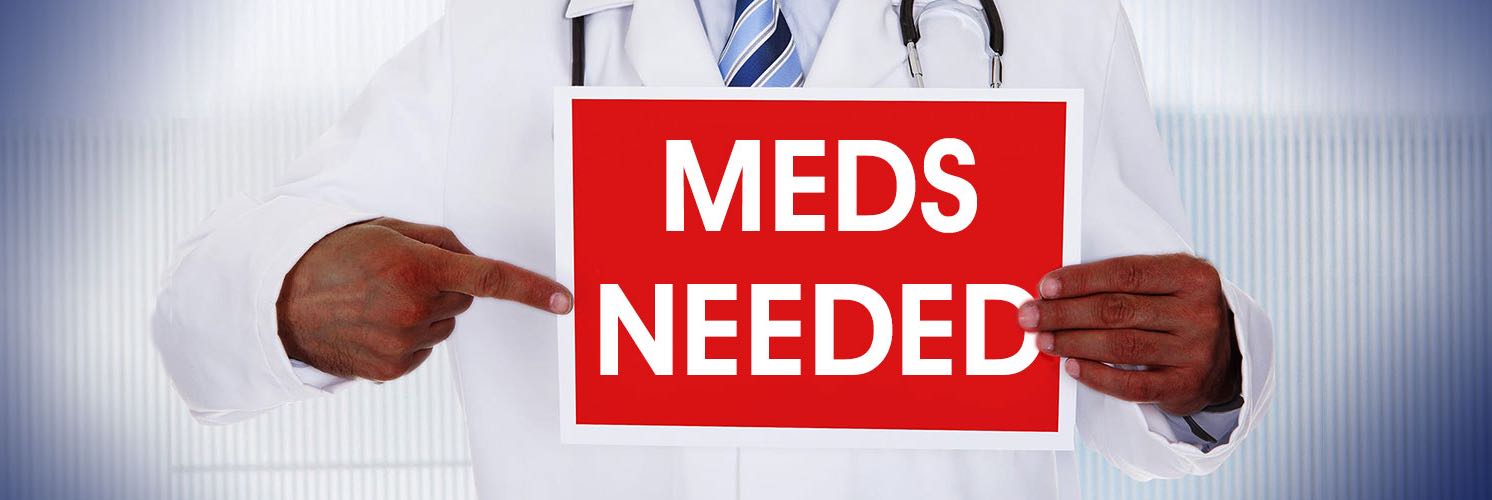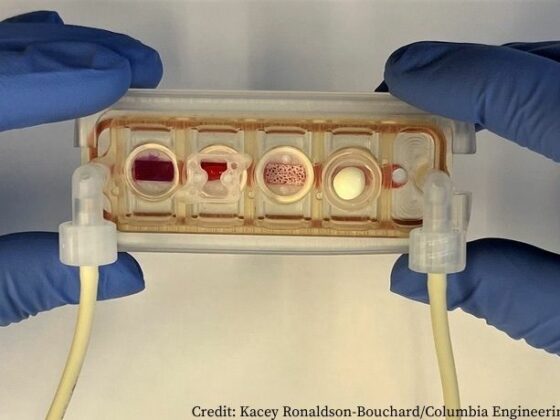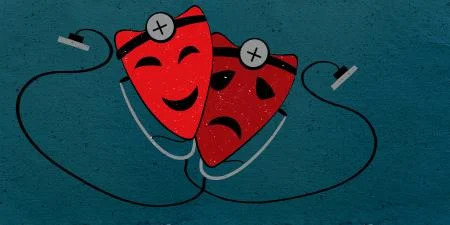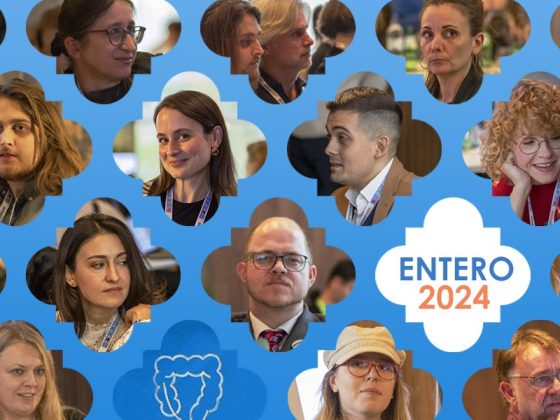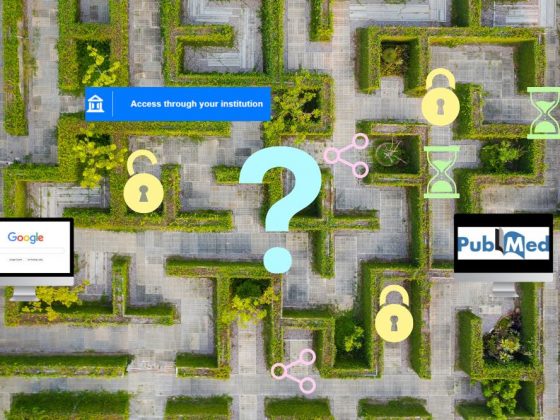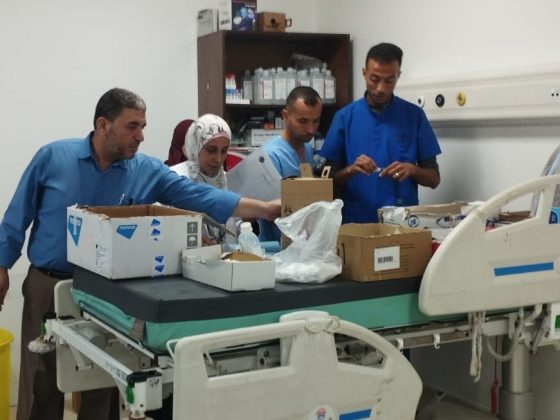A shortage of essential cancer drugs caused by financial crisis is threatening to dampen Sri Lanka’s success in treating cancer as part of a free health service. The country is facing its worst economic crisis since 1948, with huge foreign debt and foreign currency shortages affecting the supply of essential goods. The healthcare system has been badly affected, as Sri Lanka imports 90% of its drugs.
The National Cancer Institute (NCI), the country’s premiere cancer centre in Colombo, is running short of many critical medicines, anaesthesia drugs and surgical consumables, Cancer World has found.
“There have been no surgery cancellations as of yet. There is a shortage of some anaesthesia drugs but we are using their alternatives,” says Kanisha De Silva, consultant oncology surgeon at NCI. Shortages are worse in the other nine regional hospitals, he adds, and routine surgery had been cancelled in Kandy.
Sanjeeva Gunasekara, consultant paediatric oncologist at NCI, says there is a shortage of some second- and third-line cancer drugs, especially in public health facilities, which provide drugs for free. Thanks to the efforts of the doctors and local supporters, no paediatric cancer patients have yet had to stop treatment, he says.
Patient footfall has also reduced due to strikes, such as the general strike in late April to pressurise President Gotabaya Rajapaksa to resign. Doctors warn that resultant transport problems will cause supply shortages in provincial hospitals.
Cancer mortality lower than neighbours
In 2020 there were 75,000 cancer patients in Sri Lanka, with 30,000 of them being new cases. Most patients seek free treatment in public health facilities and, despite the increasing number of cancer cases, outcomes in Sri Lanka have been better than other countries in the region. The Sri Lankan mortality rate (57 per 100,000) compares well with India (63), China (129), Bangladesh (75) and Myanmar (99). “This is mostly because we have a large and free health care system,” says Gunasekara.
It is this progress that the current economic crisis is threatening to end. Problems started in 2019 when President Rajapaksa announced sweeping tax cuts before the presidential elections, which affected government revenue.
Many importers had purchased six months’ worth of stocks. “Things will worsen in the next couple of months”
The global economic slowdown, falls in tourism revenue, and lower demand for goods further dented its reserves. “For several months, Sri Lankan banks have not been extending credit lines to private importers who need it for purchase orders for medicines,” says Ravi Rannan Eliya, health economist and Executive Director and Fellow of the Colombo-based Institute of Health Policy.
At the moment, the drug shortage is not severe because many importers had purchased six months’ worth of stocks. “Things will worsen in the next couple of months,” he says.
Solidarity and support
India’s Tata Memorial Hospital was among the first medical institutes that rushed to help during Sri Lanka’s current crisis.
C S Pramesh, Director of Tata Memorial Hospital and convenor of India’s National Cancer Grid, a network of 266 cancer centres, first found out about the shortage of cancer drugs through collaborating Sri Lankan cancer institutes. Tata Memorial Hospital and the National Cancer Grid are now coordinating with Sri Lanka’s health ministry to send priority drugs, with the first shipment sent in the first week of May.
With no end to the economic crisis in sight, the drug crisis is expected to last for many months. “We need to be able to provide support consistently for the next few months,” says Pramesh. They are targeting to raise €0.6‒1.2 million to assist Sri Lanka over the next two months, he says, and are looking to private philanthropists for support.
That is why Gunasekara is spending every spare moment talking to local donors and colleagues in other countries, and coordinating drug supplies. A few days of delay in chemotherapy means tumour growth and cancer progression, he says: “We have the human resources, we have the processes in place and we have delivered results before,” he says. “That is why we shouldn’t let shortages of drugs jeopardise all that.”
